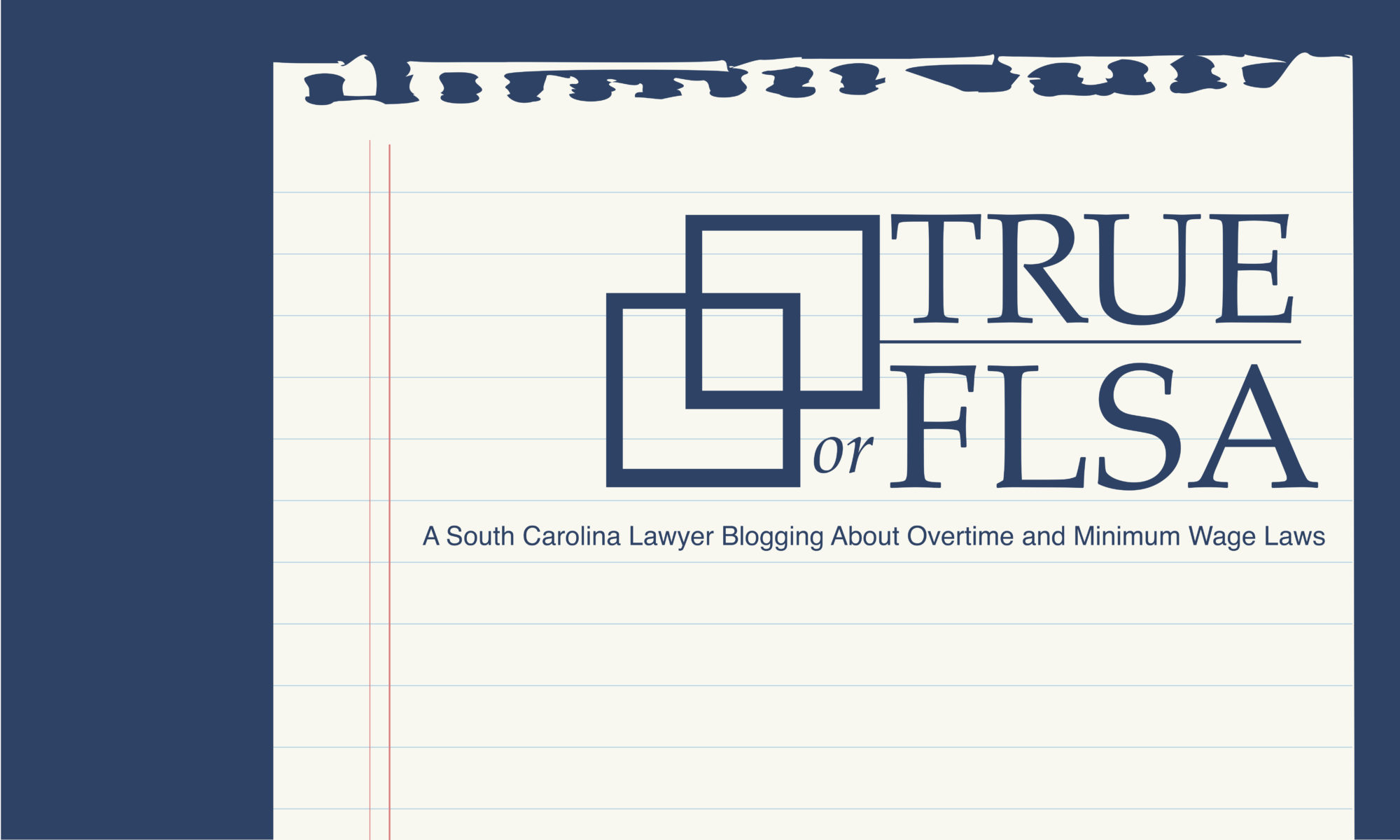
For many employees in the restaurant or hospitality business, the term “tip pooling” does not evoke fun aquatic romps through mounds of valuable currency like Scrooge McDuck diving into his glorious (and curiously soft and forgiving) lake of golden coinage.
Instead, for most employees (especially wait staff), tip pooling means that part or all of their tips goes into a collective pot and gets divided at the end of the day between all of the employees. I understand quite personally how such a violative act feels, since one Halloween, my mother pooled all of my and my siblings’ Halloween candy into one giant bowl, took her rather generous cut, and then doled out the remainder in tiny portions over what seemed like the next 12 to 14 years. So, essentially communism.
Anyway, all childhood trauma aside, new changes are afoot in the tip pooling realm
In March 2018, President Trump signed into law the Consolidated Appropriations Act of 2018 (CAA), which included a tiny provision on one page in a nearly 900 page law that affects the Fair Labor Standards Act and tip pooling. Before the CAA was passed, the U.S. Department of Labor had issued regulations that prohibited tip pooling when employees were paid at least minimum wage and the employee didn’t take a tip credit.
The new amendments to the FLSA prohibit managers and owners from partaking in shared tips, which most plaintiff’s employment lawyers considered wage theft and has been a fairly common practice. This rule applies regardless of whether the employee is taking a tip credit. (A tip credit is when the employee is paid $2.13 an hour, with the remainder of wages coming from tips. The difference between $2.13 and $7.25 is called a “tip credit,” because the employer gets credit for paying full minimum wage, even though that difference is paid by customers in the form of tips.)
The CAA also addressed tip pooling by officially permitting non-tipped “back of the house” employees, like cooks, dishwashers, and busboys (buspeople?), to participate in an otherwise valid tip pool. That means that they can share in tips earned by the “front of the house” employees, like waitresses and hostesses, as part of the tip pool.
Takeaways for Employers and Employees on Tip Pooling
The biggest practical change caused by this new law is for employers. Before March 2018, the law prohibited only employers who took a tip credit (i.e., paid their employees $2.13 plus tips) from taking tips or sharing in a tip pool with the employees. Now, however, Congress has restricted all employers. including supervisors and managers, from participating in tip pools with the tipped employees, regardless of whether the business takes a tip credit.
For employees, the same basic question will apply in determining the legality of a tip pool: Are the people taking part in a tip pool legally permitted to do so? (In other words, are only non-manager employees in the tip pool?) If there are any managers or supervisors in the tip pool unlawfully, then the tipped employee is still the victim of wage theft.
If you’re an employee participating in an employer-mandated illegal tip pool, you should seek legal advice on all of your rights and remedies under the law.
